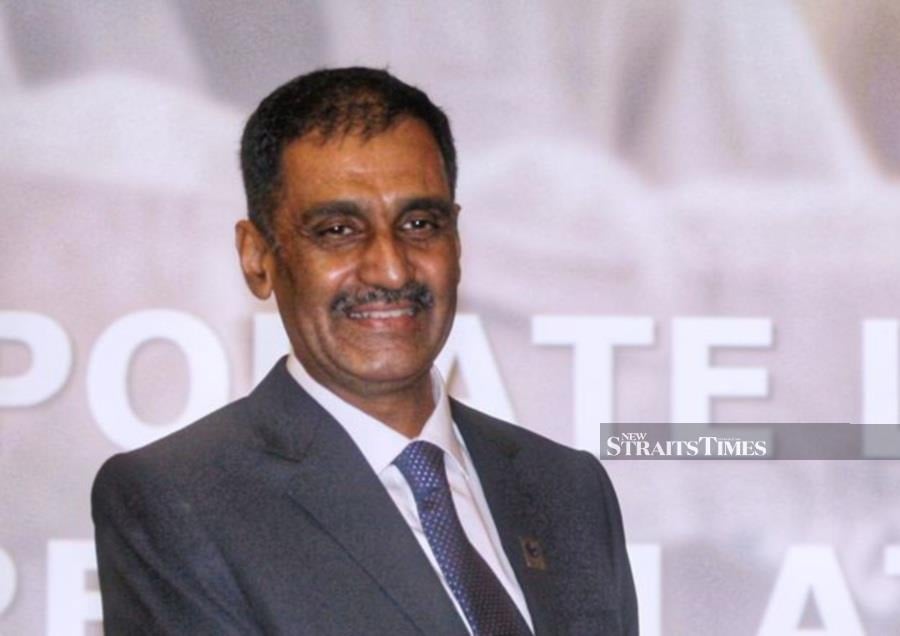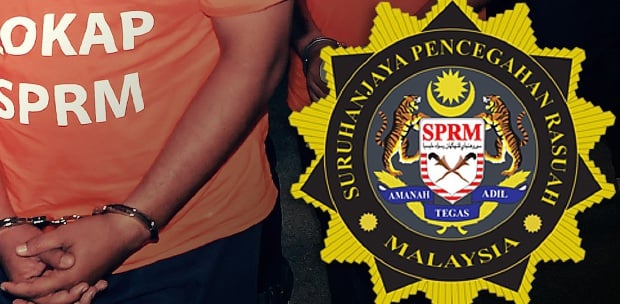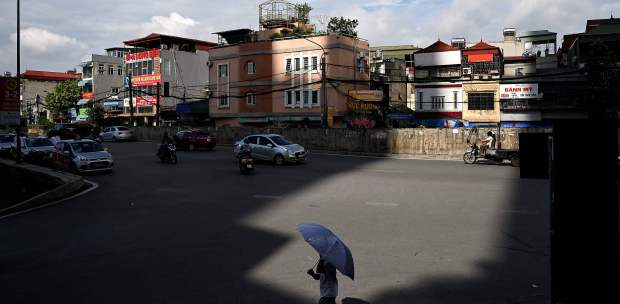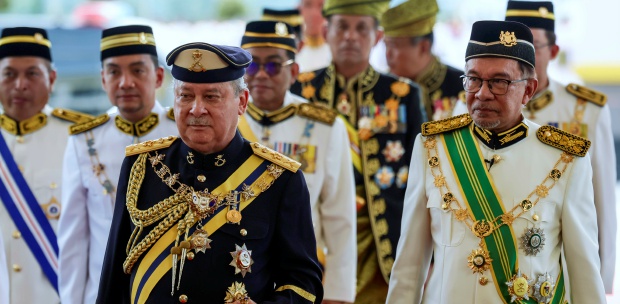KUALA LUMPUR: Anti-graft groups are pressing the government to enforce stricter measures against public officials involved in corruption.
Transparency International Malaysia (TI-M) president Dr Muhammad Mohan believed that it was timely for the government to enforce stringent measures and cease making concessions to officials who do not adhere to regulations and policies.
He said the government can no longer be complacent in dealing with this issue, which has become too severe.
"(As) we have warned and reminded the government about the corruption practice in the public sector that has become a severe problem, the government really needs to impose such a solution soonest.
"It is time for everyone to play their part, and the government might consider terminating any public officials who fail in their fiduciary duties.
"Failure to do so will make it challenging for the nation to improve its Corruption Perception Index (CPI), even though the government has set a vision to be in the top 25 by 2033," he told the New Straits Times.
Mohan also stressed that the government must ensure that all the initiatives in the National Anti-Corruption Plan (NACP) are implemented, and the Auditor General's office should regularly audit for compliance.
"If (the government) does not want to tackle this issue, it will only lead to deterioration of governance standards in public administration.
"Besides, the responsibility to ensure the implementation of all the initiatives is with the Chief Secretary to the Government. Those who are in the position must champion the NACP," he said.
Previously, the New Straits Times reported that 2,094 public officials were nabbed for corruption in the last five years.
Former MACC deputy chief commissioner (prevention) Datuk Seri Shamshun Baharin Mohd Jamil revealed that although the numbers were alarming, he said the authorities had shown a lack of initiative to tackle this issue.
Malaysian Corruption Watch (MCW) president Jais Abdul Karim said the existing penalties imposed by the government were irrelevant to the current situation among public officials.
"The government must identify and take disciplinary and legal action against the officers and staff involved. Existing penalties may also be due for review and amendment to make them stricter and more intimidating.
"The head of the department or unit should also be fully accountable for the actions of their subordinates. It's puzzling when department heads are promoted and given prestigious titles, yet corruption still prevails, and the department's image and reputation have been tarnished," he said.
Jais mentioned there was a need for a special committee responsible for the process of transferring officers to high-risk departments or areas in cases of corruption
"They need to filter, select, and place officers with genuinely high integrity in sensitive locations with the potential for abuse of power, misconduct, and corruption.
"Besides, the asset declaration process must be strengthened as the current system is highly ineffective. It should be more frequent, transparent, and involve the spouses and other immediate family members."
Meanwhile, Rasuah Busters chief executive officer Nurhayati Nordin believed that legal reform and grassroots empowerment were needed to tackle such issues.
"This requires inclusivity and participation from diverse stakeholders to create a sense of collective responsibility.
"When we incorporate all these principles and practices, we can have a more effective, comprehensive approach to fighting corruption, not only in public sectors," she said.





